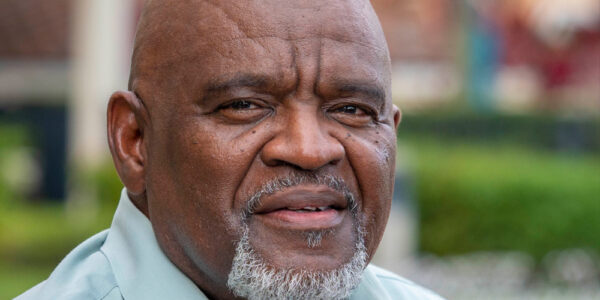On Monday, February 24, 2020, a nearly nine-year journey came to an end when the U.S. Supreme Court declined to hear Patterson vs. Walgreens. This case came out of Walgreens’ decision to terminate Darrell Patterson because he failed to work on a single Saturday (Sabbath) in 2011.
The case wound its way to the U.S. Supreme Court, asking the question: What does the law require employers to do to accommodate the religious beliefs of its employees? Patterson asked the court to reconsider its 1977 decision in TWA v. Hardison. Hardison said anything more than a minimal inconvenience or expense would be an undue hardship.
While it is disappointing that the court did not take Patterson, his case moved the cause of religious liberty in the workplace forward immeasurably. Before Patterson’s case, religious employees were not only stuck with the Hardison decision; there was also no movement to get the Supreme Court to reconsider Hardison.
That has all changed. In declining to hear Patterson, three justices (Samuel Alito, Clarence Thomas, and Neil Gorsuch) said they were looking for an appropriate case to revisit Hardison. In a statement made when the case was denied, Justice Alito wrote, “I reiterate that review of the Hardison issue should be undertaken when a petition in an appropriate case comes before us.” In Supreme Court parlance, that is as clear an invitation as it gets.
In addition, the U.S. government is now on record as supporting Hardison being revisited. This is not insignificant; the Solicitor General (who represents the U.S. government) is often called the tenth justice, and that opinion matters. The position of the government is not likely to change even when the administration changes either in early 2021 or in 2025.
Put in different terms, while the church was not able to get the ball over the goal line in Patterson, we moved it considerably. Before Patterson brought his case, legal challenges to Hardison were nonexistent — the equivalent of being on our own one-yard line. This single case has put the issue in the red zone. While there is no guarantee the court will overturn Hardison, it is now in striking distance.
Football analogies aside, Patterson’s case, despite it not being granted, is the most significant development in workplace religious accommodation in a generation. The Adventist Church is committed to continuing this fight — as it has for the past four decades — and to bettering the workplace for all people of faith.
The original version of this story was posted on the North American Division news site.


